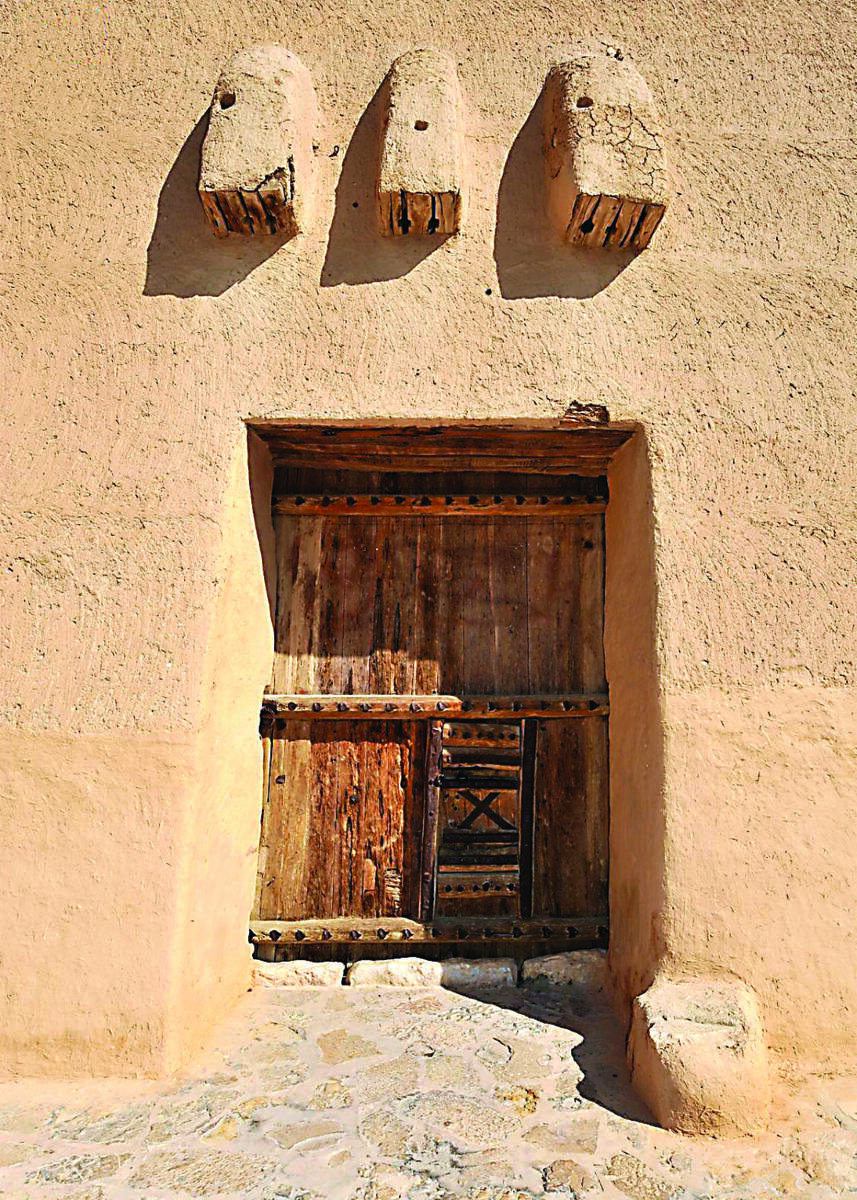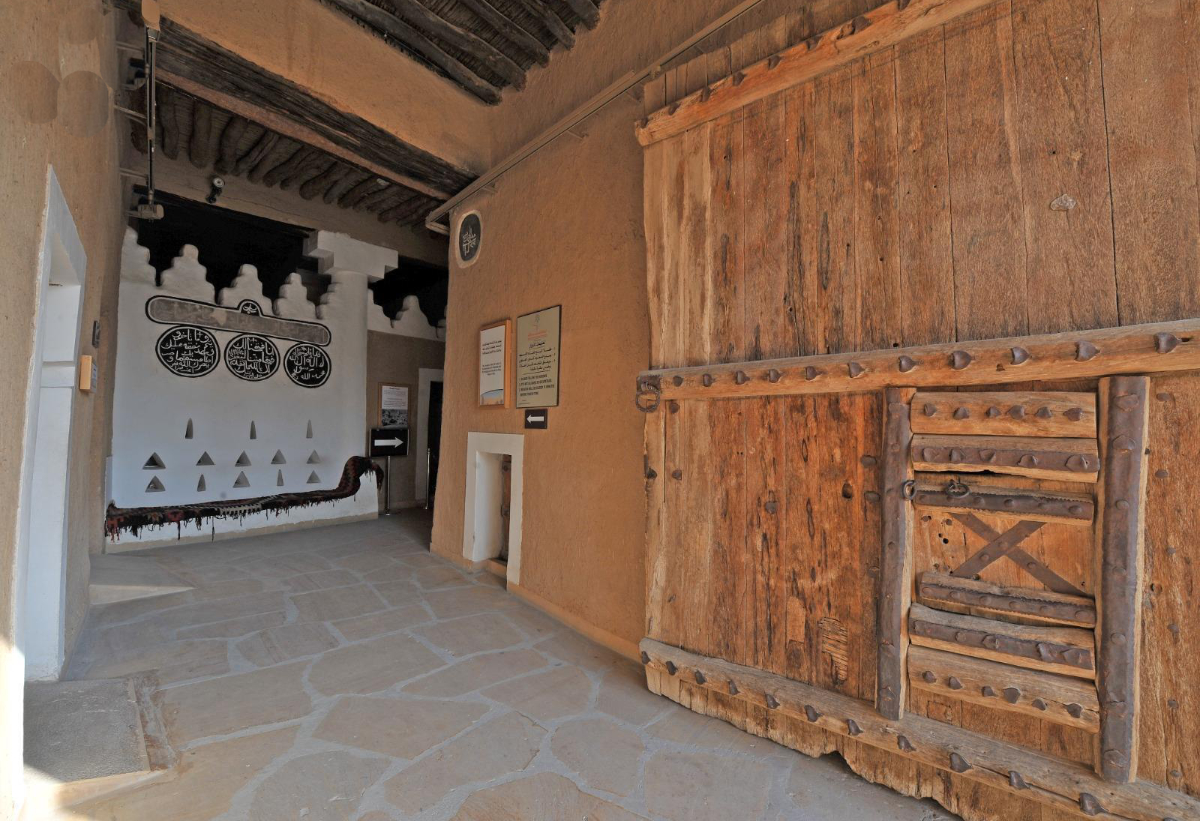DUBAI/LONDON: The first day of the High-Level International Conference for the Peaceful Settlement of the Question of Palestine sent a unified message: the path toward Palestinian statehood is taking shape, with international actors working to chart what France’s foreign minister described as an “irreversible political path” to a two-state solution.
Co-hosted by Saudi Arabia and France at the UN from July 28 to 30, the conference seeks to revive global momentum around Palestinian recognition — momentum that has waned amid Israel’s military campaign in Gaza triggered by the Hamas-led Oct. 7, 2023, attacks.
“This is a historic stage that reflects growing international consensus,” Saudi Foreign Minister Prince Faisal bin Farhan told a near-capacity hall on Monday, adding that the gathering aims to shift the international atmosphere decisively toward a two-state solution.

“This is not simply a political position. Rather, this is a deeply entrenched belief that an independent Palestinian state is the true keys to peace,” which he said he envisioned in the form of the Arab Peace Initiative, presented by Saudi Arabia and adopted by the Arab League in Beirut in 2002.
The conference comes days after French President Emmanuel Macron pledged to officially recognize the State of Palestine at the UN General Assembly in September — a move that would make France the first G7 country to do so.
The US, however, declined to participate, saying in a memo that the meeting was “counterproductive to ongoing, life-saving efforts to end the war in Gaza and free hostages.”
Washington added that it opposes “any steps that would unilaterally recognize a conjectural Palestinian state,” arguing such moves introduce “significant legal and political obstacles” to resolving the conflict.
Israel, which faces mounting international pressure over the humanitarian crisis in Gaza — where the UN says starvation is taking hold — also boycotted the meeting.

French Foreign Minister Jean-Noel Barrot said the wide attendance at the conference proved “the consensus and the mobilization of the international community around the appeal for an end to the war in Gaza.” He urged participants to view the gathering as “a turning point — a transformational juncture for implementing the two-state solution.”
“We have begun an unprecedented and unstoppable momentum for a political solution in the Middle East, which is already beginning to bear fruit,” Barrot said, citing tangible steps such as “recognition of Palestine, normalization and regional integration of Israel, reform of Palestinian governance, and the disarmament of Hamas.”
While the 1947 UN Partition Plan originally proposed separate Jewish and Arab states, Israel’s far-right government continues to reject any form of Palestinian statehood, advocating instead for the permanent annexation of land and, in some cases, the expulsion of Palestinian residents.
“This conference does not promote a solution, but rather deepens the illusion,” said Danny Danon, the Israeli ambassador to the UN, on Monday, accusing organizers of being “disconnected from reality” by prioritizing Palestinian sovereignty over the release of hostages and the dismantling of Hamas.

The future of Hamas and Israeli settler violence dominated discussions on the first day and are expected to remain a focus throughout the conference.
Juan Manuel Santos, the former Colombian president and Nobel Peace Prize laureate, told the conference that the current Israeli government is “pursuing a greater Israel through the destruction of Gaza, illegal settlement expansion and the annexation of the occupied West Bank and East Jerusalem.”
He called on nations to recognize the State of Palestine, saying it would send a clear message that Israel’s “expansionist agenda will never be accepted and does not serve their true interests.”

Intervening on the issue, Palestinian Prime Minister Mohammad Mustafa described Gaza as the “latest and most brutal manifestation” of the crisis.
“The idea that peace can come through the destruction or subjugation of our people is a deadly illusion,” he said, arguing that the Palestinian people — and not Hamas — “have demonstrated an ironclad commitment to peace in the face of brutal violence.”
Israel has defended its actions as essential to national security and has signaled its intention to maintain military control over Gaza and the West Bank after the war. But on Monday, several speakers insisted that true security cannot exist without peace.
“Just as there can be no peace without security, there can be no security without peace,” said Italian representative Maria Tripodi.

Participants proposed building an inclusive regional security framework modeled after the OSCE or ASEAN, focused on negotiations and policy rather than military control.
Qatar’s representative emphasized that while a ceasefire and increasing the flow of humanitarian aid remain the immediate goals, lasting peace requires a two-state solution, tackling root causes, protecting independent media, and countering hate speech.
Egyptian Foreign Minister Badr Abdelatty said Cairo has “intensified efforts” to end the war, resume aid, and provide security training to forces that could help create the conditions for a viable Palestinian state.
The humanitarian crisis in Gaza loomed large over discussions. With the territory’s health and food systems in a state of collapse, the UN has warned that famine is already unfolding in parts of the enclave, where hundreds of thousands remain trapped.

Despite mounting international pressure, Israel has maintained tight control over land access and aid convoys, increasing the allowance of humanitarian convoys entering the enclave on Sunday — efforts that humanitarian groups say are insufficient, erratic, and dangerous.
Ahmed Aboul Gheit, secretary-general of the Arab League, warned that “a new Middle East will never emerge from the suffering of Palestinians.” Peace, he said, will not come through “starvation, deportation or total suppression,” and cannot exist while occupation and apartheid persist.
Prince Zeid Ra’ad Al-Hussein, former UN high commissioner for human rights, urged the international community to define a clear and pragmatic plan for a new and independent Palestine.
“A vision is not for today’s emotional audit,” he said, but for a new tomorrow for both Israel and Palestine. This is why, “a two-state solution would have to be practical to gain support” and “wholesale vagueness about the end game is not strategic; it is dangerous.”

He advocated for a “cleverly designed, regionally anchored security arrangement to prevent unilateral abrogation as a first urgent transitional step” in addition to a reconstruction and rehabilitation mission with an international mandate.
Addressing delegates, UN Secretary-General Antonio Guterres said the conflict had reached a “breaking point,” and urged a shift from rhetoric to concrete action.
Nothing justifies “the obliteration of Gaza that has unfolded before the eyes of the world,” he said, listing illegal settlement expansion, settler violence, mass displacement and the annexation drive as elements of a “systemic reality dismantling the building blocks of peace.”

He called for an immediate end to unilateral actions undermining a two-state solution, and reaffirmed the UN vision of two sovereign, democratic states living side-by-side in peace, based on pre-1967 borders and with Jerusalem as a shared capital.
“This remains the only framework rooted in international law, endorsed by this Assembly, and supported by the international community,” he said. “It is the only credible path to a just and lasting peace between Israelis and Palestinians. And it is the sine qua non for peace across the wider Middle East.”












































